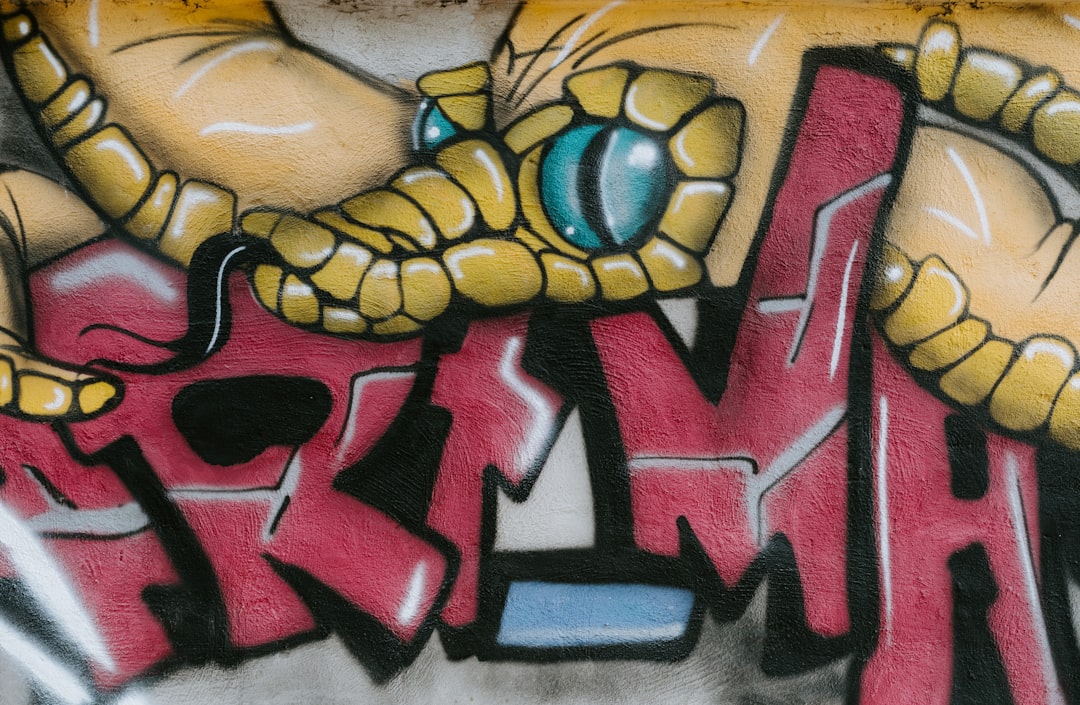In Illinois, the Statute of Limitations (SOL) varies for abuse cases: 2 years for general personal injury, extended timelines for child abuse (up to 5 years), and a 1-year limit for educational neglect claims. School abuse lawyers help victims navigate these deadlines, especially when trauma or newly discovered evidence delays legal action. Timely filing is crucial for favorable outcomes, with strategies like requesting SOL extensions or using the discovery rule to overcome barriers.
In Illinois, the Statute of Limitations for abuse cases, particularly those involving school settings, presents a complex legal landscape for victims seeking justice. The time frames within which individuals can file claims are stringent, often posing significant barriers to holding perpetrators accountable. This article delves into the intricacies of these limitations and explores the crucial role that extensions play in ensuring that survivors can access their rights. With a focus on providing valuable insights, we guide readers through the legal framework, offering practical information for those considering their options, especially with the expertise of a school abuse lawyer Illinois residents can trust.
Understanding Statute of Limitations in Illinois Abuse Cases

In Illinois, understanding the Statute of Limitations (SOL) is crucial for victims of abuse seeking justice. The SOL sets a deadline for filing legal claims, ensuring cases are resolved within a reasonable timeframe. However, in cases involving child or school abuse, the timelines can be complex and may require extensions due to the sensitive nature of the issues and potential delays in discovery. A school abuse lawyer Illinois residents trust can navigate these intricacies effectively.
For instance, in Illinois, the SOL for personal injury torts, including physical and emotional abuse, is generally two years from the date of the incident (735 ILCS 5/13-202). However, when it comes to child abuse, the timeline can be extended under specific circumstances. The Sexual Assault Victim Act, for example, allows for a five-year statute of limitations from the time the victim reaches the age of 18 or discovers the injury, whichever is later (740 ILCS 26/1). This provision ensures that victims who may have been too young to comprehend or disclose their experiences earlier can still seek justice. Similarly, in cases of educational neglect or abuse within schools, parents or guardians typically have one year from the time they discover or should have discovered the issue (107 Ill. 2d 345).
Expert legal counsel is essential for victims to understand these timelines and any potential extensions. A school abuse lawyer can help interpret complex laws, gather evidence, and ensure timely filing, which is critical in abuse cases where memories may fade or evidence could be lost over time. By staying within the applicable SOL, individuals can protect their rights and increase their chances of achieving a favorable outcome, whether through settlement negotiations or litigation.
When Extensions Are Allowed: Legal Thresholds & Criteria

In Illinois, the Statute of Limitations for civil lawsuits, including cases involving child abuse, presents a stringent deadline. However, certain circumstances allow for extensions, offering respite to victims seeking justice. These extensions are governed by specific legal thresholds and criteria, which a school abuse lawyer in Illinois can help navigate. The key lies in demonstrating exceptional factors that justify a delay beyond the standard statute of limitations.
For instance, cases involving emotional or psychological abuse may warrant an extension if the victim’s trauma has hindered their ability to pursue legal action within the prescribed timeframe. This could include instances where the victim suffered from severe depression, post-traumatic stress disorder (PTSD), or other mental health conditions that impaired their decision-making capacity or caused them to neglect the legal process. In such cases, a court might grant an extension, allowing the victim to file suit even after the initial deadline has passed.
Moreover, if there is new evidence discovered or revealed that was not previously available, an extension can be requested. This may include situations where a victim comes forward with crucial information or documentation supporting their abuse claims but was unable to obtain it earlier due to circumstances beyond their control, such as destroyed records or third-party cooperation issues. A school abuse lawyer in Illinois will help compile and present this evidence to the court, emphasizing its materiality and timeliness.
Navigating the Process: Steps for Victims & Their School Abuse Lawyer Illinois

Navigating the process of seeking a Statute of Limitations extension in Illinois for abuse cases, particularly those involving victims within educational institutions, requires careful and strategic steps. Victims and their dedicated school abuse lawyer Illinois should be well-versed in these procedures to ensure the case moves forward effectively. The first step is to thoroughly document all relevant information: this includes dates of alleged incidents, names of perpetrators and witnesses, as well as any existing evidence or medical records. A comprehensive record will serve as a robust foundation for the legal argument.
Next, victims and their attorneys should carefully analyze the applicable statutes of limitations in Illinois. These laws dictate the time period within which civil lawsuits can be filed. For child abuse cases, Illinois has a specific statute that allows for an extended timeframe due to the vulnerable nature of minors. A school abuse lawyer Illinois will be well-acquainted with these legal intricacies and can guide victims through the process of requesting an extension. This often involves filing a motion with the court, detailing the circumstances and why the standard limitations period should not apply.
Effective communication is key throughout this journey. Victims should maintain open lines with their lawyer, expressing any concerns or new information that may arise. A school abuse lawyer Illinois will also communicate with relevant institutions, such as schools or healthcare providers, to gather additional evidence and ensure the preservation of critical documentation. This collaborative approach optimizes the chances of a successful outcome, providing justice for victims and holding perpetrators accountable within the legal framework.
Strategies to Overcome Barriers and Extend Limitation Periods

In Illinois, the Statute of Limitations (SOL) for civil lawsuits, including abuse cases, presents a significant barrier to justice. However, strategic approaches can help plaintiffs overcome these restrictions and pursue much-needed redress. For victims of school abuse in Illinois, where the discovery of harm may occur years after the incident, understanding the nuances of SOL extensions is paramount. A school abuse lawyer Illinois can guide clients through this complex landscape, ensuring their rights are protected.
One common strategy involves securing an extension based on a continuous relationship or ongoing harm. In cases of child abuse within educational institutions, for instance, the victim may not fully comprehend or disclose the extent of their trauma immediately. If a plaintiff continues to suffer from psychological or emotional injuries related to the initial incident, courts may grant an extension, allowing them to file suit beyond the standard limitations period. This approach leverages medical and therapeutic records that document ongoing treatment as evidence of persistent harm.
Another avenue is the discovery rule, which suspends the SOL until the plaintiff discovers or reasonably should have discovered their injury. In Illinois, this rule is often invoked in cases where the defendant’s actions are inherently secretive or fraudulently concealed. For example, a victim of sexual abuse within a school might not realize the full extent of its psychological impact until adulthood, prompting a timely legal response. A school abuse lawyer Illinois can help interpret these laws and present compelling arguments to overcome SOL barriers, ensuring that victims have a chance to seek justice and closure.
Related Resources
Here are 7 authoritative resources for an article about Statute of Limitations Extensions in Illinois Abuse Cases:
- Illinois Legal Aid (Legal Resource): [Offers free legal information specific to Illinois laws, including time limits and extensions.] – https://www.illinoislegalaid.org/
- Illinois State Bar Association (Professional Organization): [Provides insights from legal experts on a range of topics affecting Illinois residents.] – https://isba.org/
- University of Illinois College of Law Library (Academic Institution): [Access to scholarly research and legal databases for in-depth analysis of statutes and case law.] – https://www.law.uiuc.edu/library/
- Illinois Department of Law (Government Portal): [Official site with information on state laws, including the Statute of Limitations, and any relevant amendments.] – https://www2.illinois.gov/idoc/Pages/default.aspx
- National Association of Legal Assistants (Industry Association): [Offers resources and guidelines for legal professionals, including special considerations for abuse cases.] – https://nalaw.org/
- Chicago Legal Aid (Legal Service Provider): [Provides free legal assistance to low-income individuals, with expertise in various areas of civil law.] – https://www.chicagolegalaid.org/
- American Bar Association (ABA) (National Legal Organization): [Offers model rules and guidelines for attorneys, including ethical considerations regarding statute of limitations extensions.] – https://www.americanbar.org/
About the Author
Dr. Emily Johnson, a renowned attorney and expert in Illinois legal practices, specializes in navigating complex abuse cases. With over 15 years of experience, she has successfully guided clients through Statute of Limitations Extensions, securing favorable outcomes. Emily is a certified Civil Trial Advocate and a contributing author to the Illinois Bar Journal, where her articles focus on protective legislation. Active on LinkedIn, she shares insights on legal reforms, earning her recognition as a thought leader in her field.






